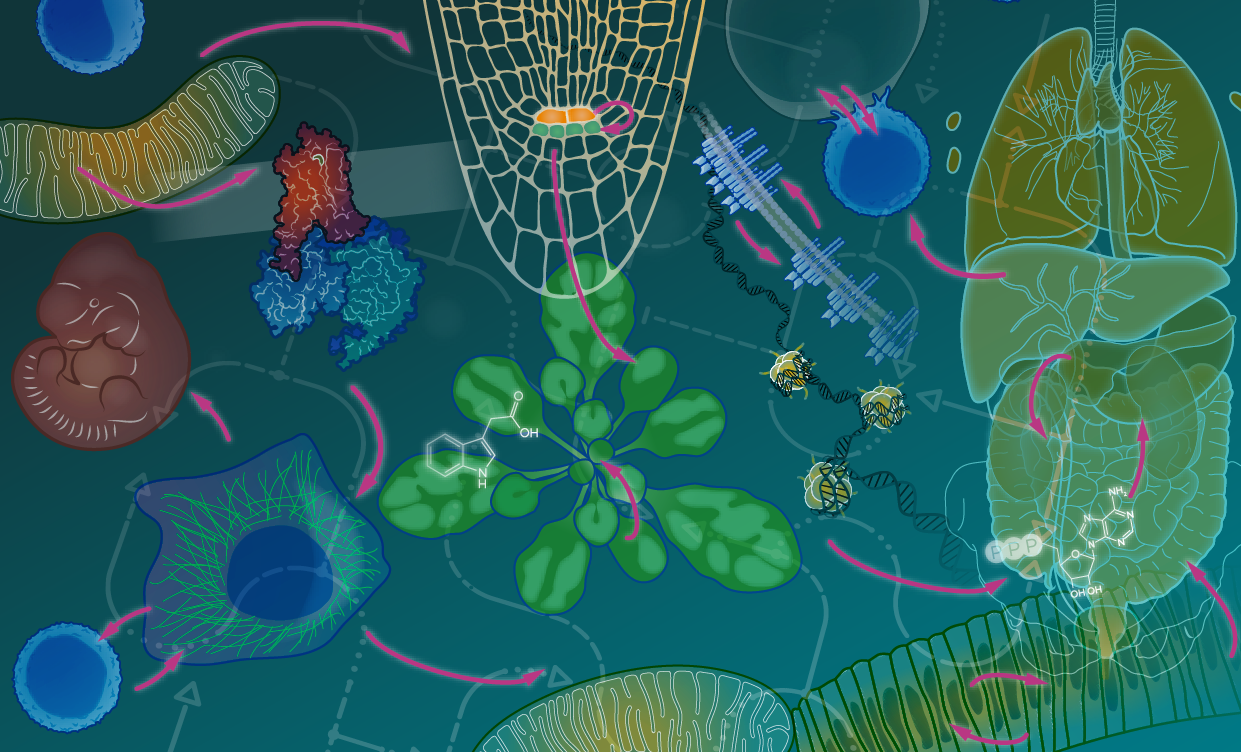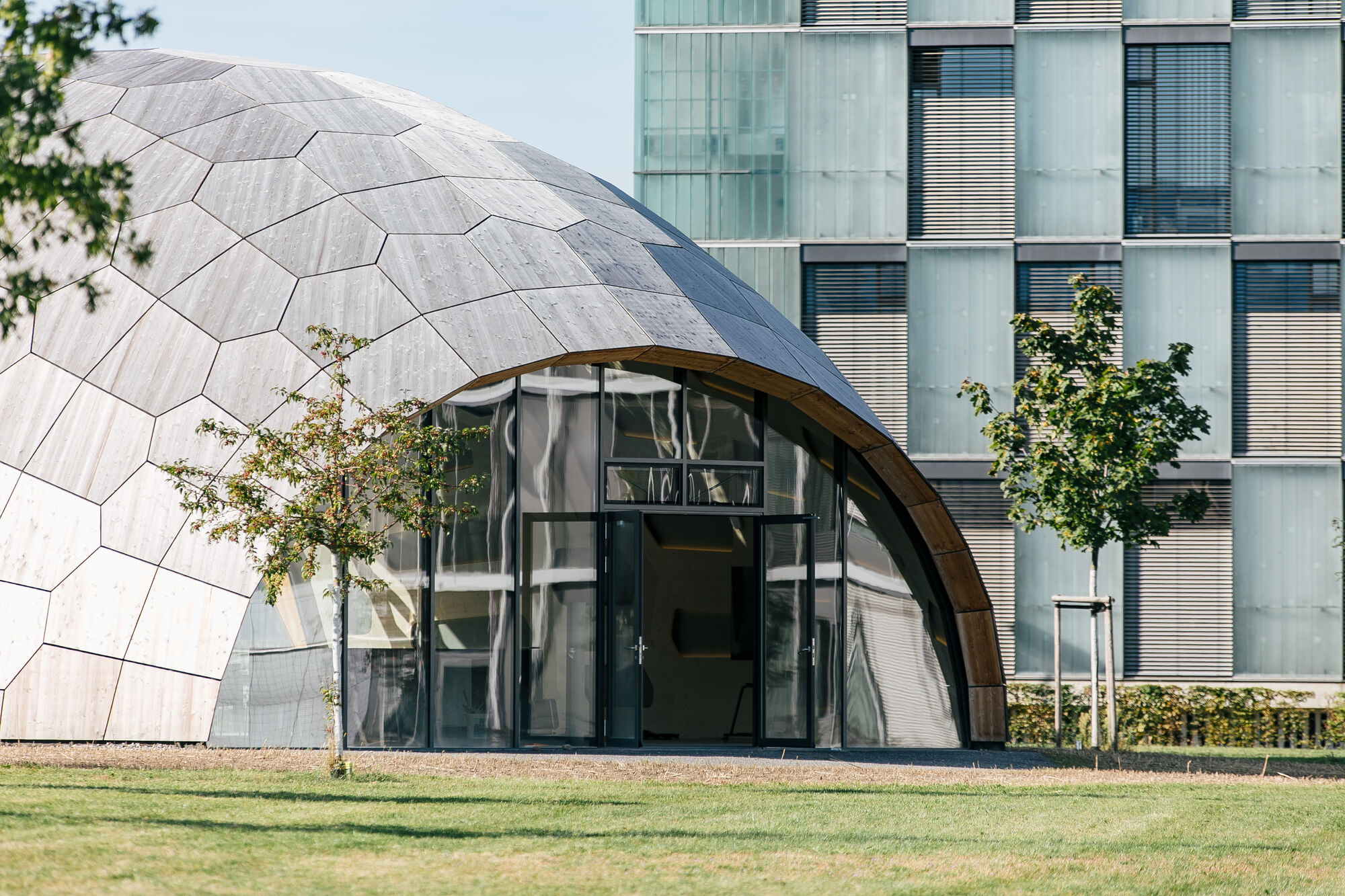The Excellence Strategy
The University of Freiburg is applying for the title of University of Excellence as part of the Excellence Strategy of the German Federal and State Governments. Its application is based on two Clusters of Excellence: CIBSS – Centre for Integrative Biological Signalling Studies and Future Forests – Adapting Complex Social-Ecological Forest Systems to Global Change.

“The Excellence Strategy is a key instrument for advancing the University of Freiburg as a leading, globally connected and socially responsible research institution – and for ensuring progress in knowledge at the highest level.”
Prof. Dr. Kerstin Krieglstein
Rector
Funding Line: Universities of Excellence
With its proposal in the Universities of Excellence funding line, ‘The Future Research University: Sparking Change That Matters’, the University of Freiburg sets out its goal of actively shaping change in society, the economy and higher education policy – through interdisciplinary research that provides orientation, teaching that fosters critical thinking and knowledge transfer that reaches far beyond the campus. As the outcome of a university-wide process, the proposal brings together the diverse strengths, ideas and perspectives of the University and its partners. One particularly innovative form of participation was the Unicorn Fund – an internal university competition whose winning project has now become part of the Excellence proposal. Staff from faculties, research institutions and central administration submitted a total of 35 project outlines featuring bold, practice-oriented and original ideas.
At the heart of the proposal lies the ambition to rethink the University of Freiburg’s identity for the 21st century, closely linking scientific inquiry closely with social responsibility. In an era marked by rapid transformation and uncertainty, the University sees it as one of its central tasks to contribute solution-oriented perspectives to social, economic and cultural developments – whether by addressing climate change, developing new medical therapies, or shaping cultural and digital transformation.
The proposal is embedded within the University’s ‘UFR 2040’ Future Agenda, which serves as a strategic compass for its long-term development in research, teaching, knowledge transfer, university culture and governance. Success in the Excellence Strategy competition would provide strong momentum for these endeavours. Alongside the universities that already hold the status of Universities of Excellence, Freiburg is the only university in the state of Baden-Württemberg eligible to submit a new proposal and receives strong support from the State Ministry of Science, Research and the Arts.
As part of the path towards Excellence status, an on-site visit will take place in early June 2026, during which the University will welcome an international panel of reviewers to Freiburg to present its Excellence Strategy and Future Agenda. On 2 October 2026, the Excellence Commission will announce which universities will be designated Universities of Excellence from 1 January 2027 onwards.
Funding Line: Clusters of Excellence
The Clusters of Excellence funding line supports interdisciplinary research networks in internationally competitive fields of study. Criteria for a Cluster of Excellence include outstanding research performance, internationally recognised researchers, the high quality of the cluster’s support structures and a strong and enabling university environment.
The Cluster of ExcellenceCIBSS – Centre for Integrative Biological Signalling Studies, funded since 2019, will be extended for a further seven years from 2026. In addition, from 1 January 2026, the new Cluster of Excellence Future Forests – Adapting Complex Social-Ecological Forest Systems to Global Change will be established at the University of Freiburg.

“With their research approaches, CIBSS and Future Forests address some of the most pressing questions of our time and will make significant contributions to solving them in the years ahead.”








